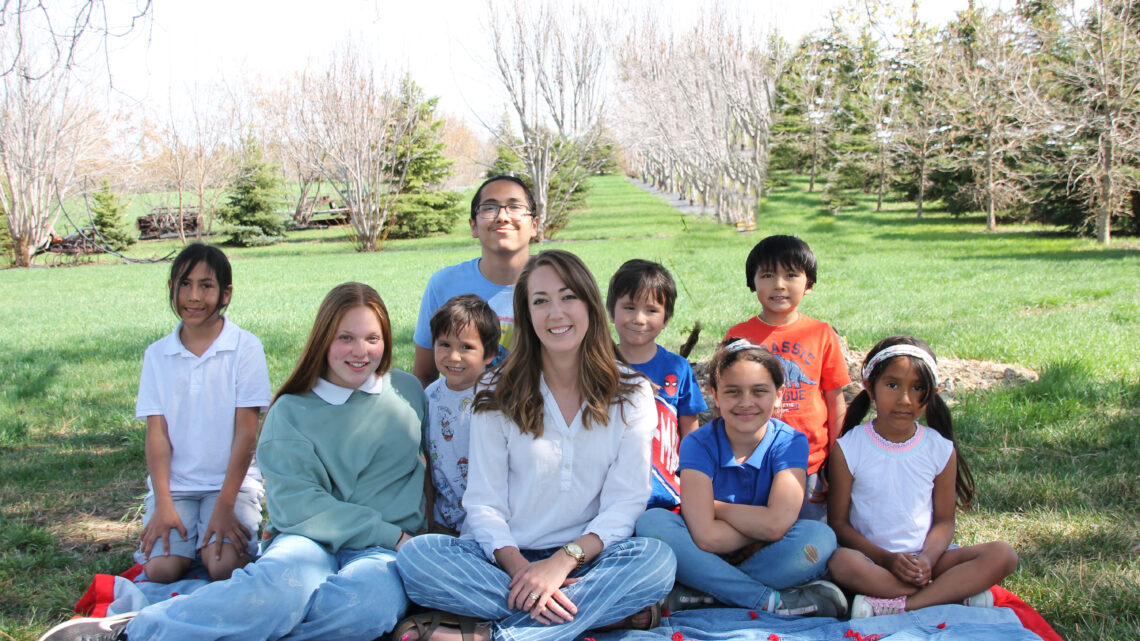Did you know that one study of over 300,000 people found that a lack of strong relationships increased the risk of premature death from all causes by 50 percent?! “Dozens of studies have shown that people who have satisfying relationships with family, friends and their community are happier, have fewer health problems, and live longer.” John Robbins in his book, Healthy at 100, cites a 1965 study that linked social ties with a healthy lifestyle. You could be obese and smoke a pack of cigarettes every day, but belong to a close-knit community of friends and family and live longer than a vegan marathon runner who lacks a social support system.
I couldn’t help but think of our young people within the Adventist church as I read the Surgeon General’s recent report entitled, “Our Epidemic of Loneliness and Isolation.” Anxiety, depression, suicide, bullying, social media consumption, the list goes on and on and the statistics aren’t pretty. Our kids need us now more than ever, and, as a church dedicated to a health message, I believe that children’s ministries checks all the boxes. When we prioritize a relational ministry with our young people, we will also find ourselves healthier, happier and closer to Jesus.
Children are our ministry
The Dakota Conference has tried to think outside the box with our children’s ministries programs. Our churches provide fabulous Sabbath school programs along with Adventurers, Pathfinders, and Vacation Bible School—but what else can we do?
The church in Bowdle, South Dakota decided to provide a free babysitting night so community parents can take an evening off. They have had close to 20 kids from the community show up to their church and the resulting relationships have led to plans for VBS this summer and the creation of an Adventurer club. Other churches have ministered to kids through their men’s and women’s ministries programs. Men’s ministries have invited boys on fishing trips or taken them out for donuts, while women’s ministries have hosted tea parties or spa days where the adult ladies have pampered the younger girls.
We recently surveyed our constituents and asked them to recall their favorite childhood church memory. Their answers had a theme: community and relationships. They described singing songs around a bonfire, church campouts, loving Sabbath school teachers, and Adventist Youth programs.
Might I suggest that your church social committee become part of your children’s ministries team? Whether it’s a hayride, church game night, Sabbath afternoon hike, or special party, intergenerational social events are just as important as the church service in ministering to our church families and communities. Social events also provide a neutral environment for outreach and evangelism as it’s often easier to invite friends or coworkers on a hike than to a church service.
As a conference we began a YouTube channel, Dakota SDA Kids, where we provide devotional videos, crafts, stories and songs. God has blessed our meager technology attempts and our channel has over 200,000 views and 1,600 hours of watch time. We are currently working our way through the Primary Sing for Joy songbook and these sing-along videos have been used in churches all over the world. We recently received an email from a Sabbath school teacher in rural Vermont who discovered our channel and was so thankful to finally be able to use the songbook with her class since she doesn’t read or play music.
 Connection over correction
Connection over correction
During a children’s ministries training, Pastor Darnisha Thomas with the Minnesota Conference reiterated that children’s ministries is not a glorified babysitter’s club or the sacrificial lamb in the case of church budget cuts. It’s a holistic partnership with families through lovingly investing in the spiritual lives of children out of a desire to see each child develop a personal relationship with Jesus.
Since 1965, our Adventist world church membership net loss rate is 42 percent. So essentially, four of every 10 members are leaving. “According to the GC’s research, people rarely leave because of theological differences, but rather due to life changes, conflicts in their church community, or feeling uncared for.” We must prioritize connection over correction. A 2019 Barna Group study found that only one in three (33 percent) of their 18-35-year-old respondents felt deeply cared for by those around them or that someone believes in them. That breaks my heart…and motivates me!
What is your church doing to build strong relationships with its children? What are you personally doing to truly know the kids in your church or conference? Remember, this health message works both ways. You and the young people will both benefit; it’s a symbiotic relationship. “I have no greater joy than to hear that my children are walking in the truth” (3 John 1:4). May we work together to introduce our children to the Way, the Truth and the Life. Jesus.
Kelli Wasemiller is education superintendent and children’s ministries director for the Dakota Conference of Seventh-day Adventists.










